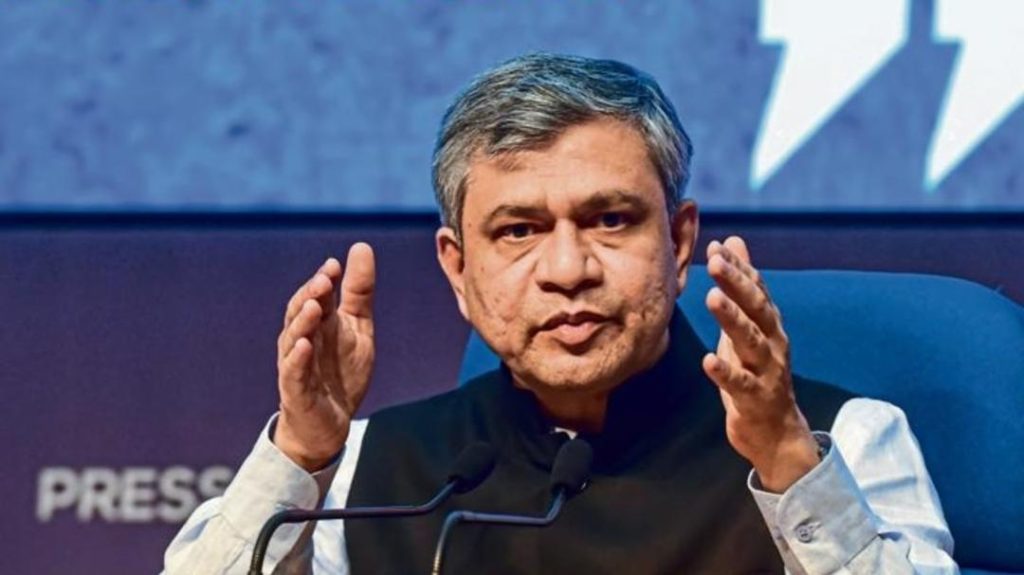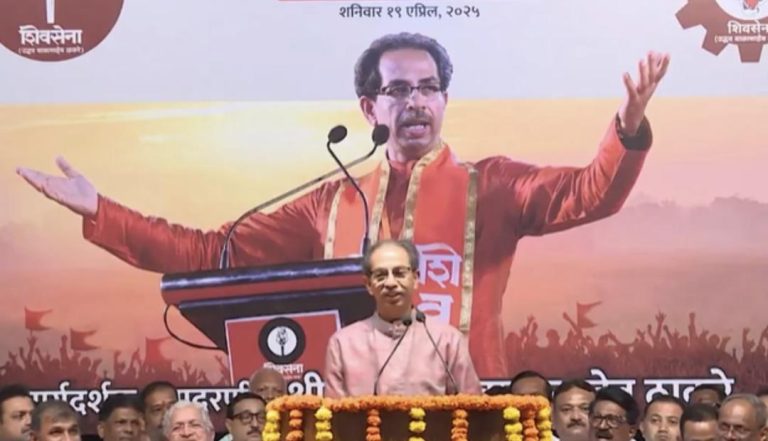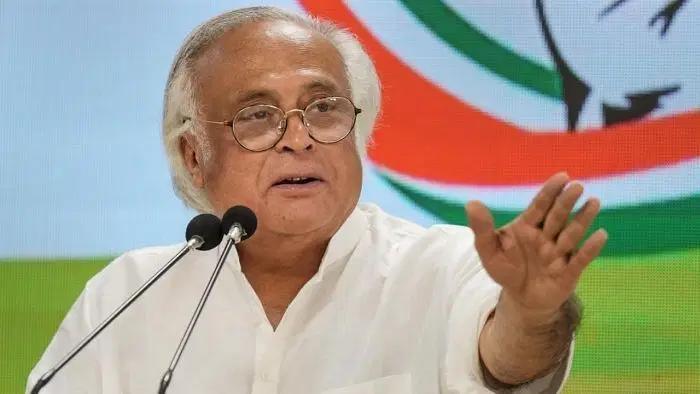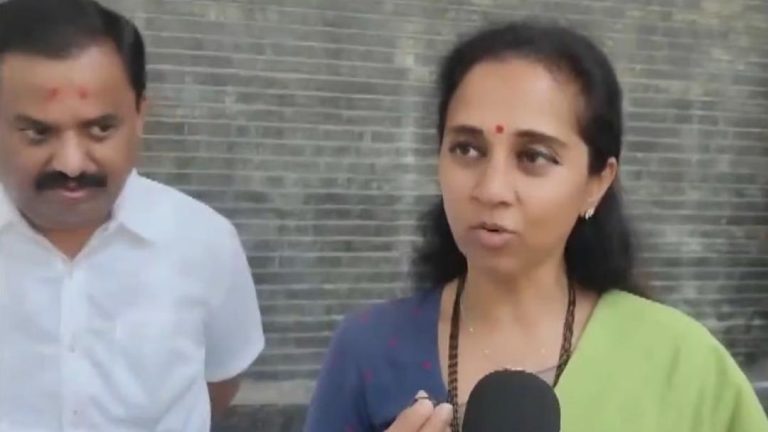
Tamil is a Sweet Language: Ashwini Vaishnaw Amid 3-Language Row
Union Minister Ashwini Vaishnaw’s recent remarks about Tamil have sparked a fresh debate in the ongoing language row in Tamil Nadu. Speaking at an event in Chennai on Saturday, Vaishnaw described Tamil as “a very sweet language” and shared that he knows some basic phrases in the language, including “Vanakkam” (which means “Namaste” in Hindi). His comments have been seen as a significant gesture of goodwill towards the Tamil language and its speakers.
Vaishnaw’s statement comes at a time when the debate over the promotion of Hindi and other languages has been raging in Tamil Nadu. The Dravida Munnetra Kazhagam (DMK) has been vocal about its opposition to the Centre’s alleged attempts to impose Hindi on the state. The DMK has accused the Centre of neglecting the importance of regional languages and promoting Hindi at the expense of other languages.
Vaishnaw’s comments have been seen as a significant departure from the Centre’s previous stance on language issues. The Union Minister’s statement has been interpreted as a sign of the government’s willingness to engage with the concerns of the Tamil people and to ensure that every Indian language, including Tamil, receives the respect it deserves.
Vaishnaw’s knowledge of Tamil phrases has also been seen as a sign of his efforts to connect with the people of Tamil Nadu. By acknowledging the importance of Tamil and speaking about his own limited knowledge of the language, Vaishnaw has sent out a message that the Centre values and respects the diversity of languages in India.
The Union Minister’s statement has also been seen as a response to the growing tensions between the Centre and the Tamil Nadu government over language issues. The DMK has been accusing the Centre of trying to undermine the autonomy of the Tamil Nadu government and to impose Hindi on the state. Vaishnaw’s comments have been seen as an attempt to diffuse the tension and to reassure the people of Tamil Nadu that the Centre is committed to promoting the language and culture of the state.
Vaishnaw’s statements have also been seen as a reflection of Prime Minister Narendra Modi’s vision for India’s language policy. Modi has been a strong advocate for the promotion of Indian languages, including Hindi, and has emphasized the importance of preserving and promoting the cultural heritage of the country. Vaishnaw’s comments have been seen as an endorsement of Modi’s vision and as a sign that the Centre is committed to promoting the language and culture of Tamil Nadu.
The debate over language issues in Tamil Nadu is not new, and the DMK has been a vocal critic of the Centre’s language policy for many years. The DMK has accused the Centre of trying to impose Hindi on the state and of neglecting the importance of regional languages. The party has also demanded that the Centre recognize Tamil as a classical language, a status that has been accorded to languages like Sanskrit and Telugu.
Vaishnaw’s comments have been seen as a positive development in the ongoing language row in Tamil Nadu. His statement has been interpreted as a sign of the Centre’s willingness to engage with the concerns of the Tamil people and to ensure that every Indian language, including Tamil, receives the respect it deserves.
In conclusion, Union Minister Ashwini Vaishnaw’s recent remarks about Tamil have sparked a fresh debate in the ongoing language row in Tamil Nadu. Vaishnaw’s statement has been seen as a significant gesture of goodwill towards the Tamil language and its speakers, and has been interpreted as a sign of the Centre’s willingness to engage with the concerns of the Tamil people. The debate over language issues in Tamil Nadu is complex and contentious, but Vaishnaw’s comments have been seen as a positive development and as a sign that the Centre is committed to promoting the language and culture of Tamil Nadu.
News Source: https://repository.inshorts.com/articles/en/PTI/0f1dd8b7-036e-4f7b-9c00-52b0956aa3f7






